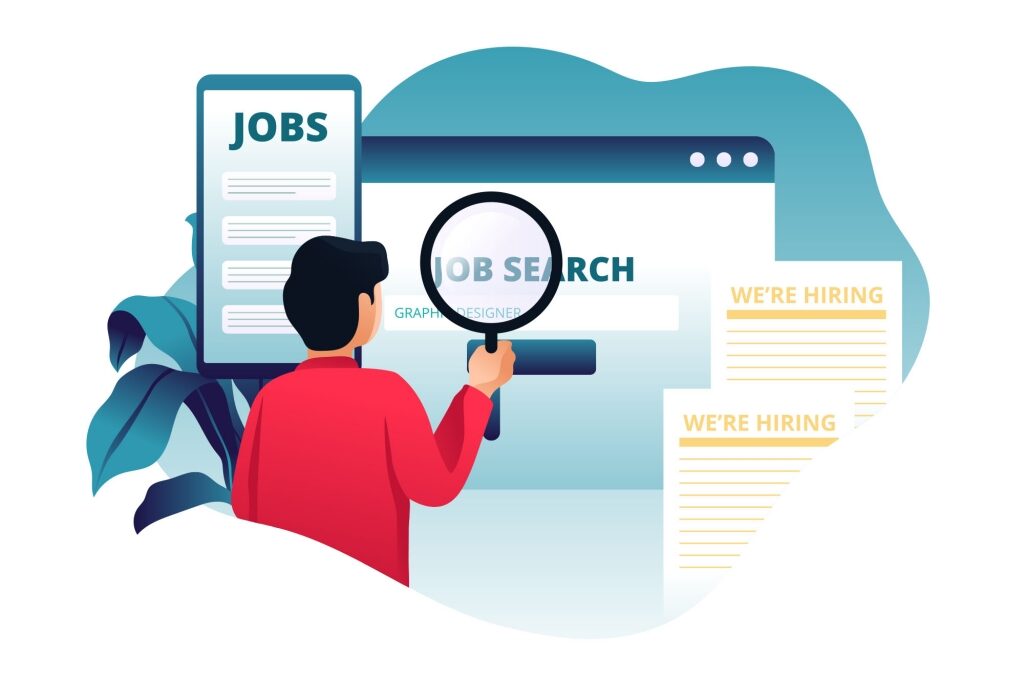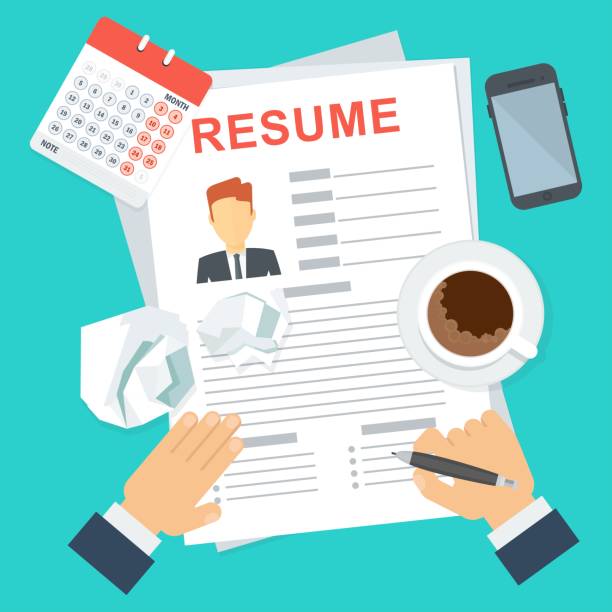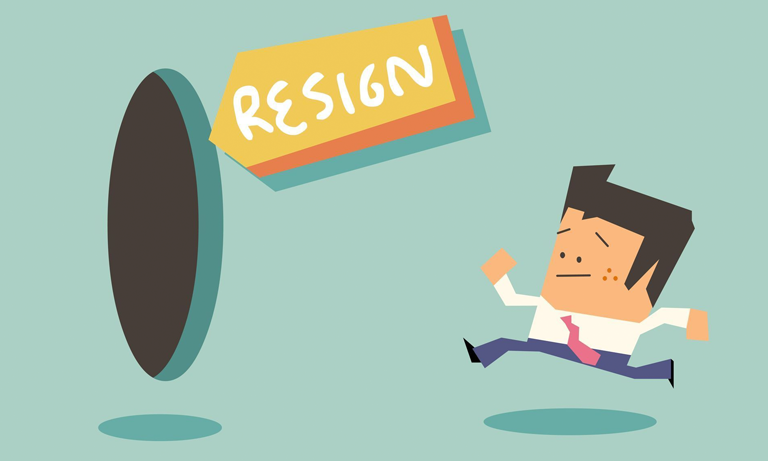
How to Feel a 100% on the First Day of your New Job
The day you start a new job is a rather special day. It brings along with it a chance to live your precious dreams and is an important milestone in your life. Regardless of how nervous you may be about starting the new job, it is important to go in feeling an absolute hundred percent. Feeling a hundred percent on the first day of your new job sets the kind of vibe that brings you mindfulness – something you want to aim for everyday of your brand new work life. Here are five ways you can bring that vibe about. We strongly recommend getting started on these at least twenty four hours before your first day, for optimum results. 🙂
-
Prepare well
Even though you may already be well prepared and all set to get started, there are a few things that will help you being even better prepared. Re-read your employment contract and offer letter to ensure you have all the documents you require, in place. Go over your job description to re-acquaint yourself with your roles and responsibilities, brush up on remembering the names of your team mates. Remember that when you look good, you feel good. Dressing well, and being presentable makes a huge difference to your confidence level. Spend some time putting your outfit in place for the next day.
-
Express gratitude
This simple exercise in mindfulness will have a profound impact on your energy level and confidence – exactly what you need on your first day. Just before ending your day, think about all your reasons for applying to the job, recount the struggles you faced in the process and how you overcame them. One of the most powerful and humbling feelings is to feel gratitude for your journey, and for the circumstances which brought you closer to your goals. Write all that down, and when you feel like you’re having a bad day at work, reading what you wrote will never fail to put a smile on your face.
-
De-stress
Even if you may not be stressed, de-stressing / ‘doing things which make you happy’ is a great idea to conjure up the energy you want to carry with you on your first day of work. Read a favorite book, listen to some music, spend some time putting your thoughts in words, paint, garden – just anything that brings you joy. Spending a few hours on yourself creates a significant difference – for the better!
-
Have a BIG breakfast
On your first day of work, wake up extra early just so you can take your time getting ready at your own pace. Most important though, is to have a big, hearty, happy breakfast. Put on some music and make yourself some awesome breakfast. It is just the fuel you need before you launch into your new job, your new life, your new role!
-
Wear your best smile
No matter how impeccably dressed you are, a smile is what makes all the difference. Walk in with a smile everyone smiles back at. Keep it on your face all day, and put it on auto-repeat mode, until it is a part of you. A smile that is genuine is more miraculous than most other things in life. It fosters friendships, breaks barriers, dissipates anger, and opens doors where there seem to be none. Don’t believe us? Try and let us know if we are wrong.
Feeling a hundred percent on the first day of your brand new job means nothing more than feeling like you have it within you to give your new adventure everything you’ve got. It means that you appreciate the opportunity that has come your way (through your own hard work), and want show gratitude through your work ethics and self-motivation. As they say, morning shows the day!
What are your favorite things to do on/ before your first day at work?





